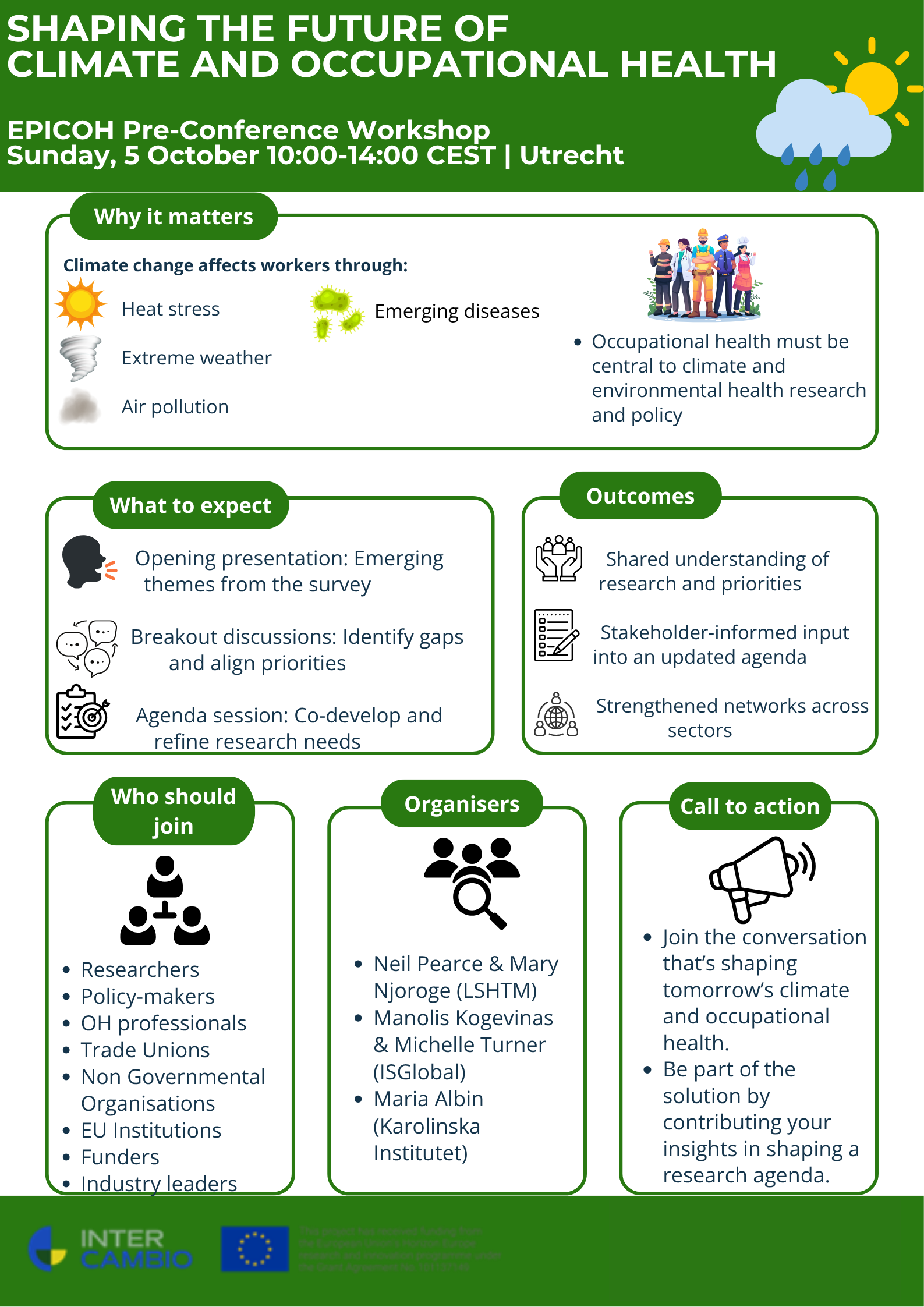Workshop C
Shaping the future of climate and occupational health: Stakeholder priorities and research agenda
Neil Pearce (LSHTM, UK), Maria Albin (KI, SE), Manolis Kogevinas (ISGlobal, ES), Michelle Turner (ISGlobal, ES), Mary Njoroge (LSHTM, UK)
Occupational health is increasingly recognized as a critical component of climate and environmental health agendas. Climate change poses significant challenges for workers’ health and safety—ranging from heat stress and extreme weather exposure to vector-borne diseases and psychosocial impacts. In this context, it is essential to identify research and policy priorities that address the intersection of climate change and occupational health, while also reflecting the needs and perspectives of key stakeholders.
This workshop is organized in the context of the EU-funded INTERCAMBIO project, which focuses on interventions to promote mental and physical health in changing working environments. The project addresses the implications of climate change, sustainable work practices, and the rise of green jobs. INTERCAMBIO aims to generate knowledge and solutions that promote safe, healthy, and inclusive work in the face of environmental, technological, and societal transformations.
This pre-conference workshop will provide a space for researchers and other stakeholders to come together and:
Present and discuss results from an online survey on priorities in climate and occupational health
- The survey, conducted across Europe and beyond, gathered input from a broad spectrum of stakeholders, including researchers, policymakers, representatives from the European Commission, trade unions, occupational health practitioners, and NGOs.
- We will share key findings, including areas of convergence and divergence in perceived research and policy needs.
Engage stakeholders through a facilitated participatory session.
- Using interactive and inclusive methods (e.g., small group discussions, polling, co-creation exercises), we will explore stakeholder perspectives in more depth.
- The session will allow participants to critically assess the survey results, bring forward missing or underrepresented priorities, and discuss barriers and enablers to progress in research and action.
Present and gather feedback on a proposed updated research agenda
- Building on the HERA project’s earlier work on a European research agenda for environment, climate, and health—which included a section on occupational health—we will present initial ideas for a focused update.
- Feedback will be used to refine and expand this agenda, ensuring it is fit-for-purpose in the evolving climate-occupational health landscape and aligned with stakeholders’ expectations and needs.
Expected Outcomes:
- Shared understanding of priority areas at the intersection of climate change and occupational health.
- Stakeholder-informed guidance for the development of an updated research agenda.
- Strengthened connections between researchers, institutions, and stakeholders in occupational health and climate.
- Identification of opportunities for future collaboration, funding applications, and policy engagement.
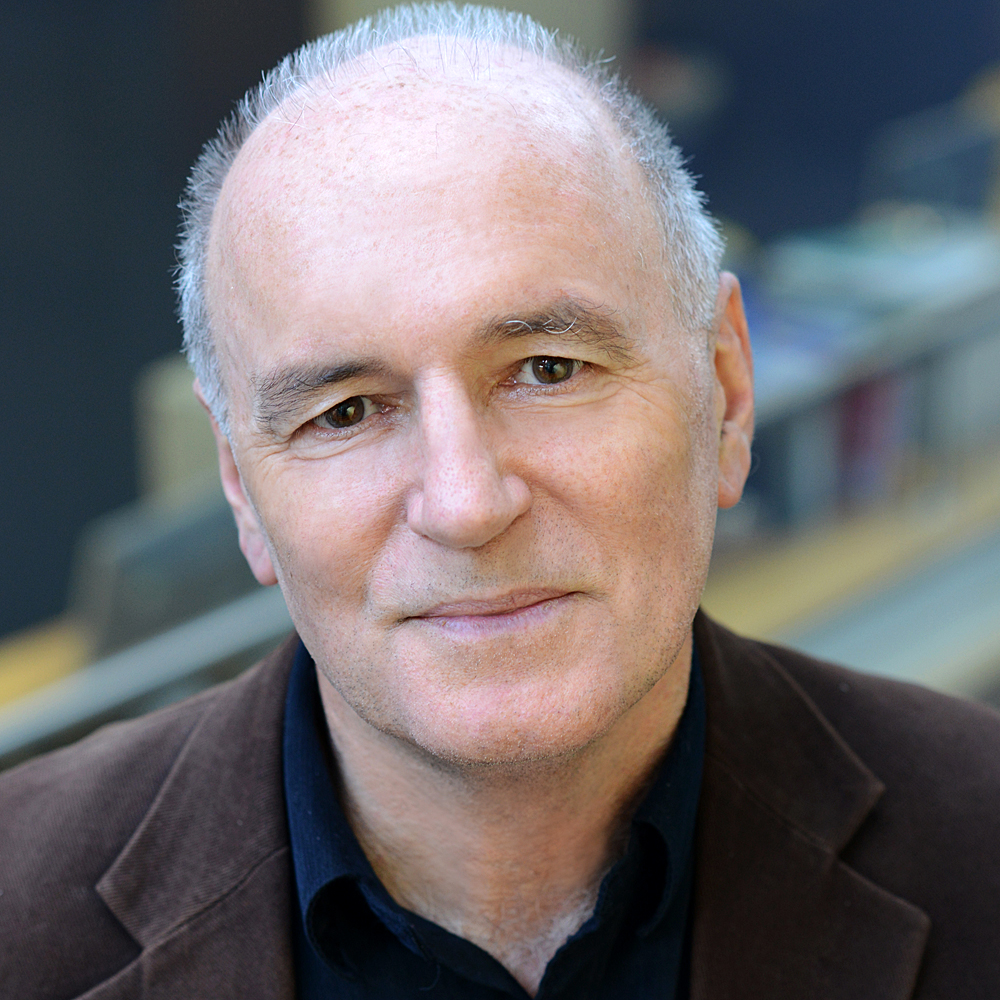
Professor Neil Pearce
London School of Hygiene and Tropical Medicine
Neil Pearce joined the LSHTM at the beginning of 2011, after working in New Zealand for the previous 30 years. He originally trained in biostatistics, before moving over to do a PhD in epidemiological methods. Since the completion of his PhD in epidemiology in 1985 he has been engaged in a wide range of public health research activities.
His current research interests focus on epidemiological and biostatistical methods, and their application to studies of non-communicable diseases (NCDs), including occupational and environmental health, asthma, kidney disease and neurological disease. He has a particular interest in global epidemiological studies. He is a Fellow of the Royal Society of New Zealand (FRSNZ) and the Academy of Medical Sciences (FMedSCi) and Past-President of the International Epidemiological Association (IEA).
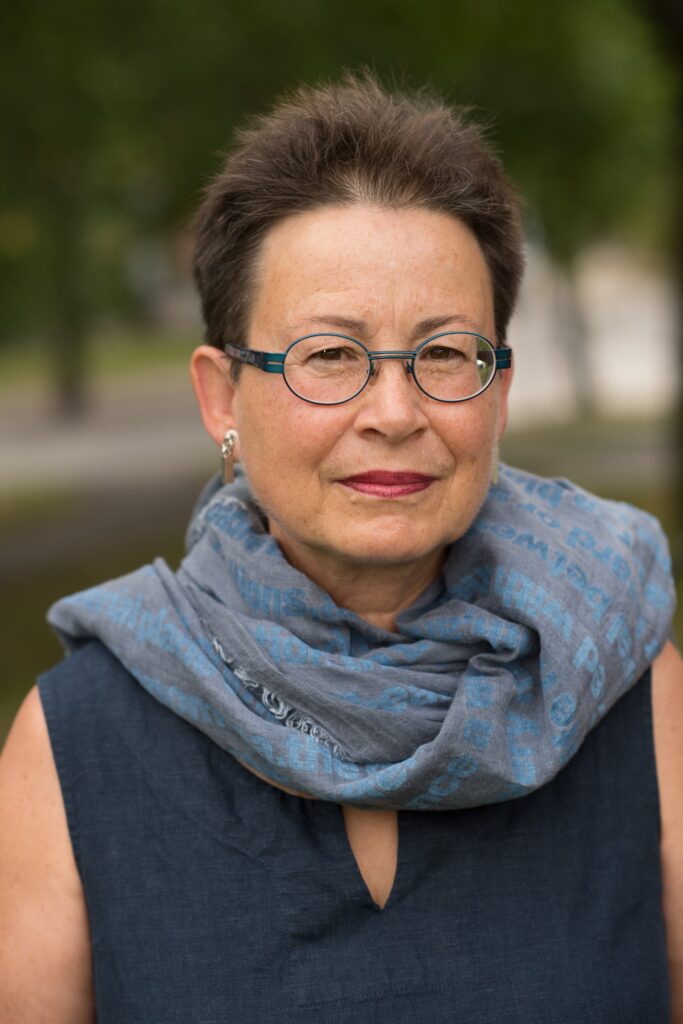
Professor Maria Albin
Institute of Environmental Medicine, Karolinska Institutet
Maria Albin serves as senior consultant and professor of occupational and environmental medicine at the Karolinska Institutet since 2015. Her research has focused on occupational determinants of NCDs, using national regisgtry-based cohorts, pay-roll data, and different biomarkers of exposure and effect. She was part of the Swedish national commission on inequalities in health. She initiated and led an advocacy platform for Sustainable work in Horizon 2020.
Currently, she participates in the EU Horizon 2020 Exposome project for health and occupational research, EPHOR, and the recently funded “Interventions to promote mental and physical health in changing working environments due to climate change, sustainable work practices, and in green jobs” (INTERCAMBIO).
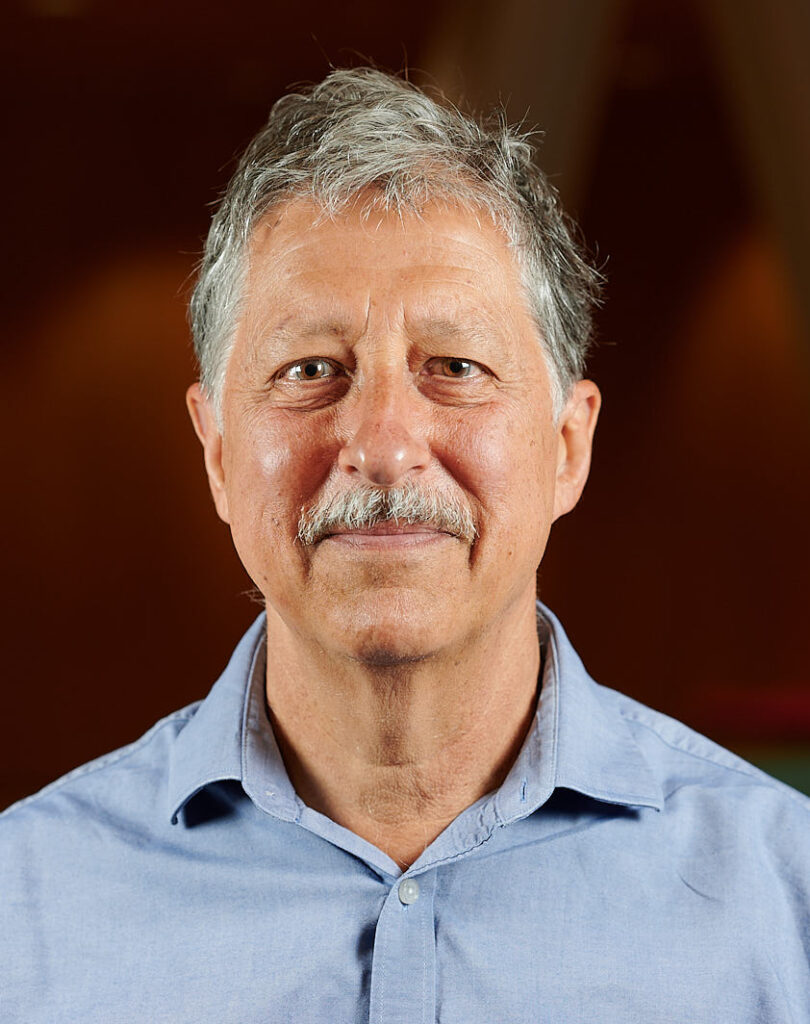
Professor Manolis Kogevinas
Barcelona Institute for Global Health (ISGlobal)
After training in medicine in Athens and epidemiology in London and working at IARC/WHO, his research has focused on occupational, environmental and genetic factors linked to cancer and non-communicable diseases, including recent work on circadian disruption and the interplay of infections and NCDs. With over 800 publications, he is deeply committed to public health, actively translating environmental epidemiology research into policy, and coordinates the SPHERA network on climate, environment, and health.
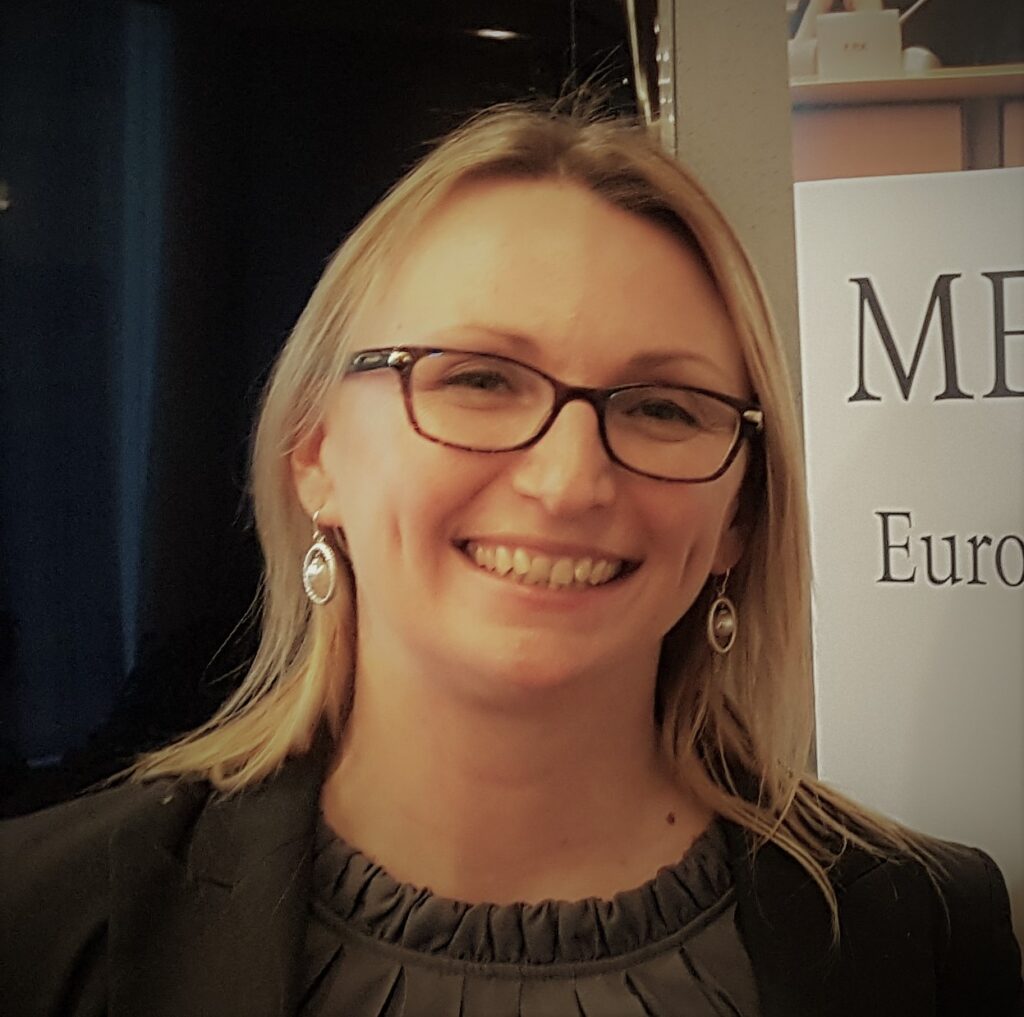
Associate Research Professor Michelle Turner
Barcelona Institute for Global Health (ISGlobal)
Michelle Turner is overall Coordinator of the Horizon Europe EU INTERCAMBIO project (2024-2028), which seeks to promote mental and physical health of workers in changing work environments due to climate change, implementation of new working practices, and among workers in green jobs. In 2021, she was awarded the Epidemiology in Occupational Health (EPICOH) Mid-Career Award for exceptional contribution to the practice of occupational epidemiology.
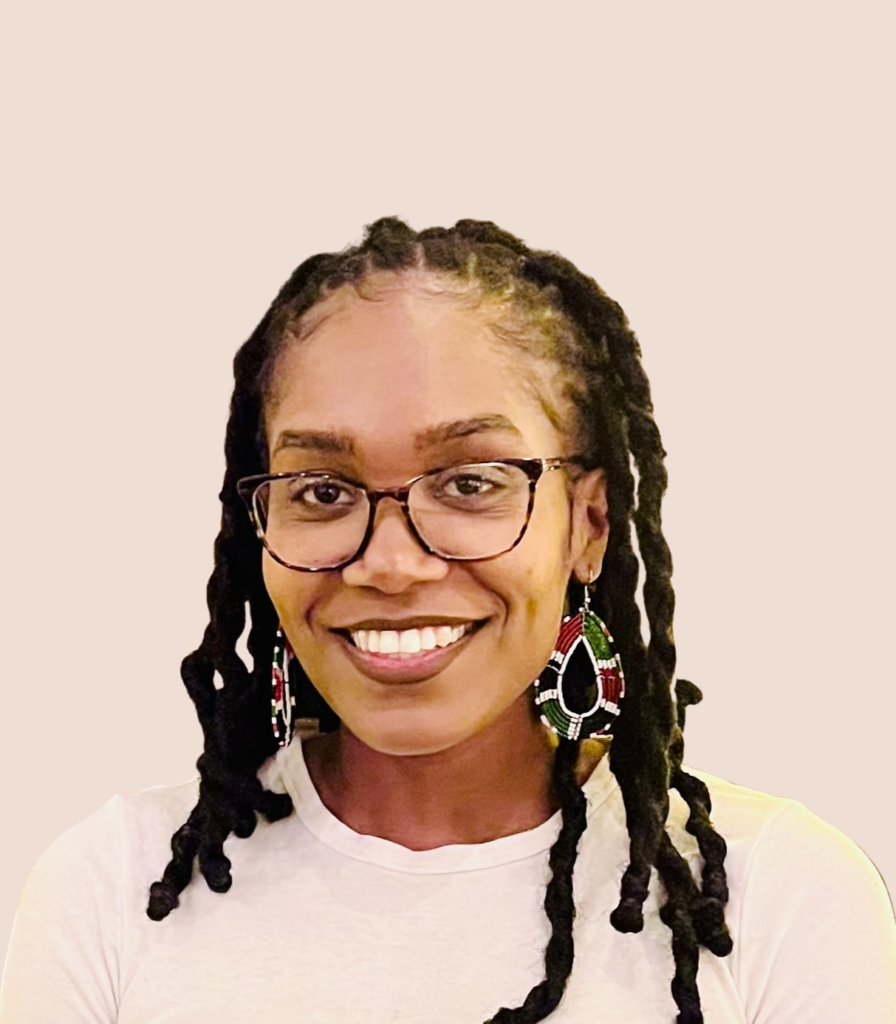
Mary Njoroge
London School of Hygiene and Tropical Medicine
Mary Njoroge is a trained public health and Epidemiology expert with over 8 years of experience in public health research. She currently works at the London School of Hygiene and Tropical Medicine (LSHTM) as a researcher since 2023, focusing primarily on mechanisms of non-allergic asthma, patterns of chronic kidney disease of unknown causes, link between COVID-19 and mental health, and occupational health.
Prior to her role at LSHTM, Mary completed an MSc in Epidemiology at the same institution, building on more than six years of public health experience in Kenya. She is a recipient of the Muskovitz Scholarship for Women in Global Health Leadership and is a former fellow of the International Statistics and Epidemiology Group East and Southern African Consortium for Outbreak Epidemiology Training (ISEG ENTRANT).
